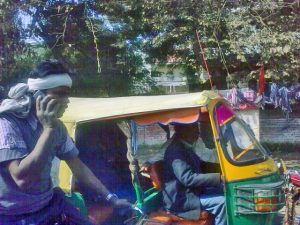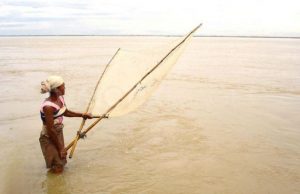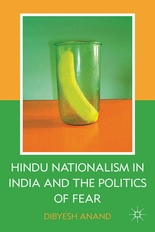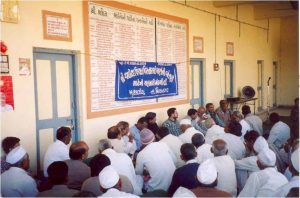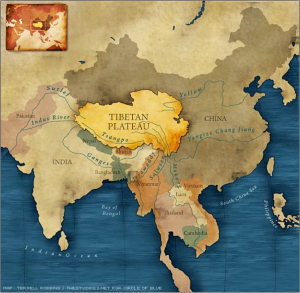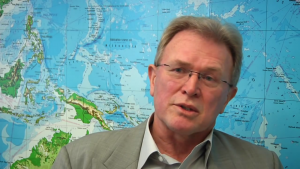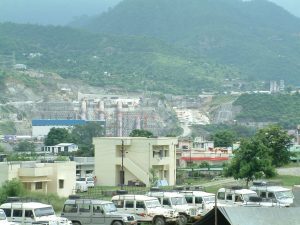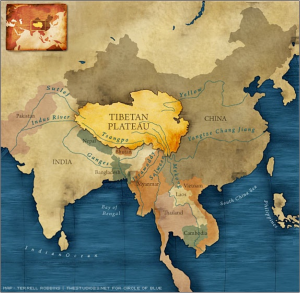Why Technology Needs People: Gold, Phones, and Bicycles
Memo # 177 – “We treated our precinct captains like gold,” wrote David Plouffe, an architect of President Obama’s 2008 US election campaign. “The challenge” lay in “marrying digital technology and strategy with a strong grassroots campaign.”
Plouffe’s insights had been anticipated a year earlier in an election in Uttar Pradesh, India’s largest state, where a party led by a Dalit (former untouchable) woman won unexpectedly. And the story about the centrality of technology and people came full circle early in 2012 when Uttar Pradesh voted to throw out the incumbent government.
China Crucial to India’s Mobile Revolution
Memo #172 – India entered the elite global club of $1 trillion-plus (USD) economies in the last decade accompanied by explosive growth in domestic mobile phone users. India had the second largest population of mobile phone users as of 2010, an astounding leap from their modest rank of 34th ten years earlier.
Managing South Asia’s Himalayan Rivers: A Human Development Framework
Memo #164 – What would an ideal regulatory system to manage an international river look like? Some have called for an innovatively designed regulatory authority for international rivers, such as the Ganga-Brahmaputra river system in the Himalayan region. Existing models are not compatible with the geopolitical conditions in South Asia. Rather than furthering traditional nationalist approaches, the new design must take into account the people living in the region.
Hindu Nationalism is the Biggest Security Threat to India
Memo #160 – India portrays Islamic radicalism, ethnic separatism, and the left-wing Naxalite guerrilla movement as security threats. But it is Hindu nationalism (Hindutva) that generates most hatred and violent conflicts amongst Indian citizens; it is not able to support India as a multi-religious and multi-ethnic state.
Community Natural Resource Management in India: Does it Reduce Poverty?
Memo #156 – A series of new programs in India for community natural resource management (CNRM) is decentralizing control over local resources of water, forests, and inland fishing from government departments to end-users such as farmers, forest dwellers, and fishers.
Water, Scarcity, and Tibetan Plateau Frontiers
Memo #142 Theme Editors: Tashi Tsering and Jack Hayes Freshwater (in)security is quickly rising as a critical global challenge. Today, March 22, is World Water Day. The focus is freshwater and measures for conservation and management. Last fall, Asia Pacific Memo published four Memos as part of its Theme, “Water, Scarcity, and Tibetan Plateau Frontiers.” […]
Comparing Chinese and Indian Media Industries (Video Interview with Hugh Stephens) (Part 1/2)
Memo #136 – Hugh Stephens, Executive-in-Residence at the Asia Pacific Foundation of Canada, has over 35 years of government and business experience in the Asia region. In this interview, he compares the Chinese and Indian media industries.
The Disappearing Rivers of India
Memo #120 – The vital rivers of the state of Uttarakhand in northwestern India may soon disappear. A multitude of feeder streams and tributaries that run through the state carve tight passages through steep mountains before joining the sacred river Ganga (Ganges). Ancient and contemporary Hindu traditions are steeped in worship of these tributary rivers, and their sacred confluences are named “prayags”. But Uttarakhand is part of a frantic push across India, Pakistan, Nepal, Bhutan, and China to harness the rivers of the Himalayas for hydroelectric power.[1] This movement threatens to alter entire river systems in an unprecedented way.
China’s Plans to Divert Water on the Tibetan Plateau
Memo #110 – The prospect of China controlling the taps of Asia’s main rivers is a subject of intense debate. Downstream countries are understandably concerned. But Chinese experts say it is the Chinese who should be most worried about its government’s plans.
The Significance of Tagore – Harvard Professor Sugata Bose (Video Interview Part II)
Memo #85 – In April 2011, The University of British Columbia (UBC) celebrated the 150th birthday of Rabindranath Tagore. As part of this celebration, Dr. Sugata Bose, Gardiner Professor of Oceanic History and Affairs at Harvard University spoke at the Institute of Asian Research on “The Oceanic Voyages of Rabindranath Tagore.” The following week, UBC presented Nobel laureate Dr. Amartya Sen with an honorary degree. On April 19, Asia Pacific Memo published Part I of Dr. Sugata Bose’s interview, “Tagore in Today’s World.” We also interviewed Dr. Amartya Sen who spoke about Tagore’s significance and distributed the full video recording of Dr. Sen’s honorary degree ceremony and speech.
